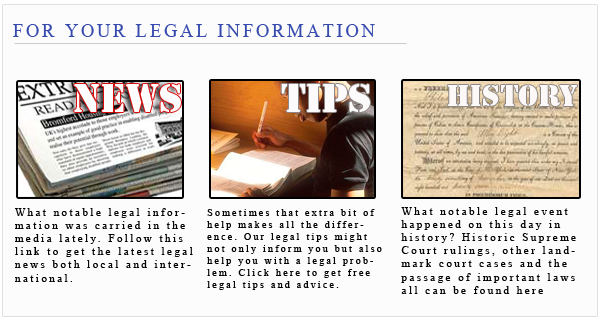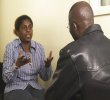Reporting a crime
If you witness a crime you have a vital role to play in bringing the offenders to justice. You may well be feeling upset and have doubts about reporting what you have seen. There is no legal obligation to contact the police, but the information you give them could bring a criminal to justice. Reporting the crime to the police could prevent further crimes being committed and protect others from becoming victims.
The criminal justice system can only work effectively with your help.
There are several ways to report crime to the police:
- Emergencies:
In an emergency you should phone 119 and ask for the police. - Non-emergency situations:
In non- emergency situations you should contact your local police station by phone or go to the nearest police station with a front desk - Anonymous:
If you wish to remain anonymous you can report a crime to Crimestoppers by phoning 311.
The police take all crime seriously; you can expect them to listen to you, treat you with respect and take a statement. They will also be able to put you in contact with organisations that can help you for example, the Victim Support Unit.
Giving a Witness Statement:
A witness statement is your written account of what happened to you. A police officer will ask you questions and write down what you have said. You will be asked to read it and sign it with your name. When you sign a witness statement you are saying that you agree the statement is a true account of your experience. Your witness statement may be used as evidence in court.
You should be given the name of the officer taking your statement and their rank and number. You should also be given the name of the officer who will be in charge of the case and their contact details. This may be the same officer who takes your statement.
Sometimes people are afraid of making a witness statement. They worry that they will be intimidated by the offender or their friends. This is a consideration and the Evidence Act makes provision for this fear. Thus, in your witness statement you can, if you want to, state how the crime has affected you personally, namely:
- How the crime has affected you physically, emotionally or financially
- Whether you feel vulnerable or intimidated
- If you are worried about the defendant being given bail
- Whether you are considering claiming compensation
- Anything you think may be helpful or relevant
This statement will become part of the papers the court sees; including; the police, the Office of the Director of Public Prosecutions, the defence, and the magistrates and judges at the courts. This will enable staff to give you help throughout the case.
If the case goes to trial, you could be asked questions about your statement in court. You could be asked about how the crime has affected you, or about any loss, injury or damage you have suffered.
Once you have made a statement, you can’t withdraw it or change it. However, you can always make another statement that clears up or changes something you said in an earlier statement.
Stay Connected








